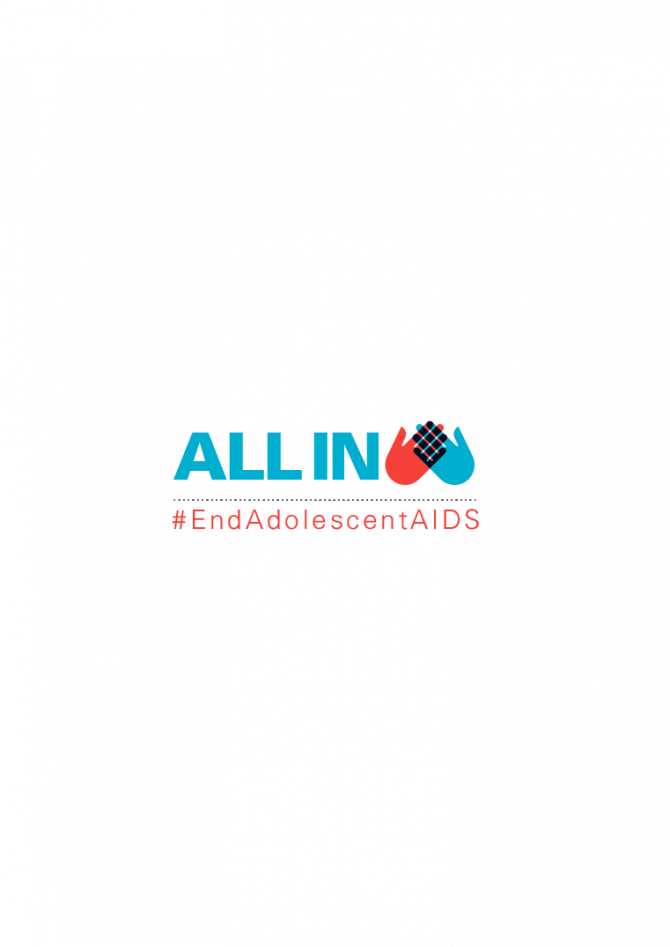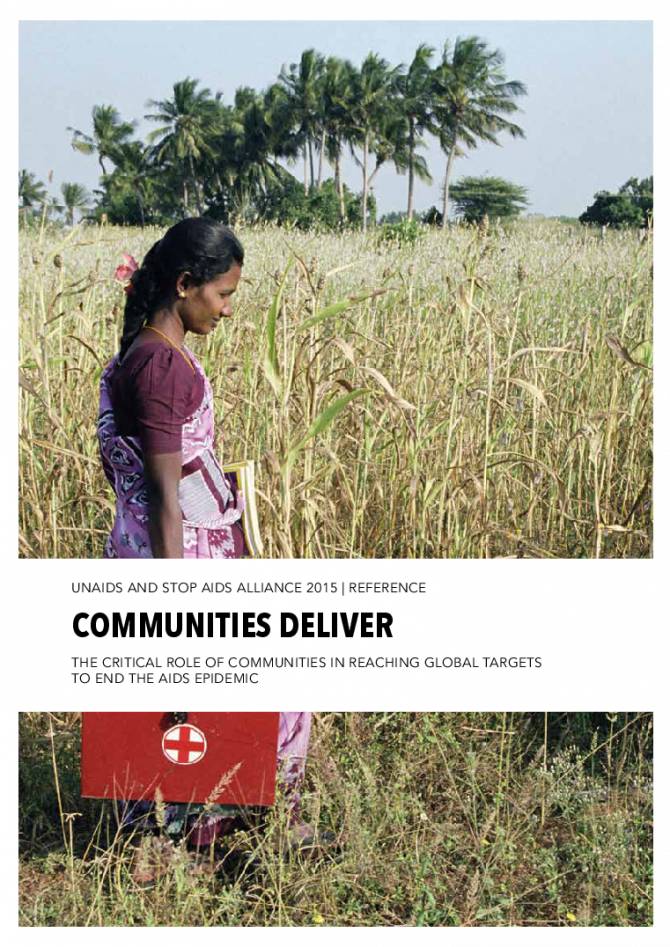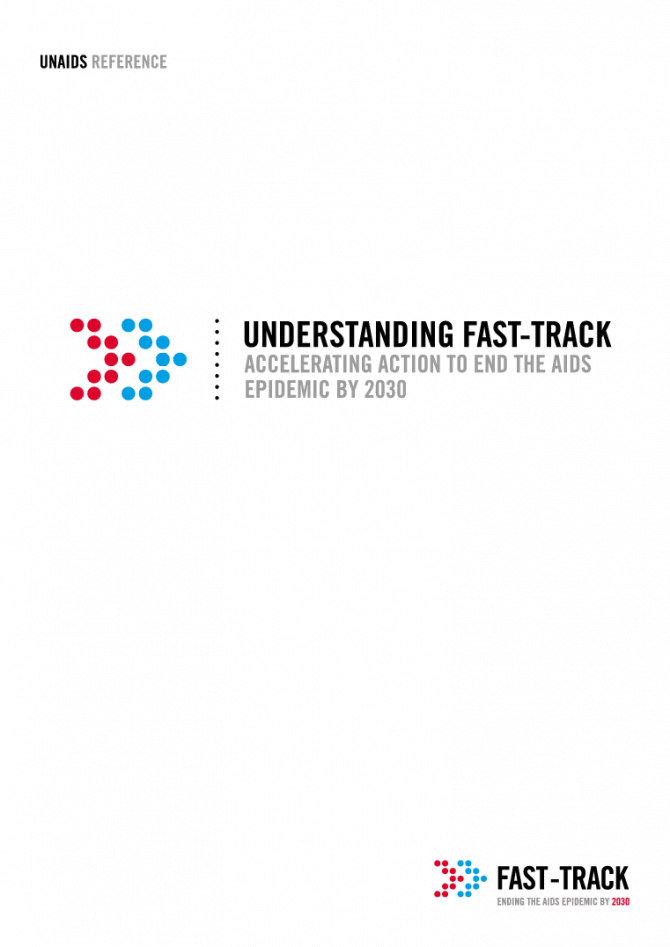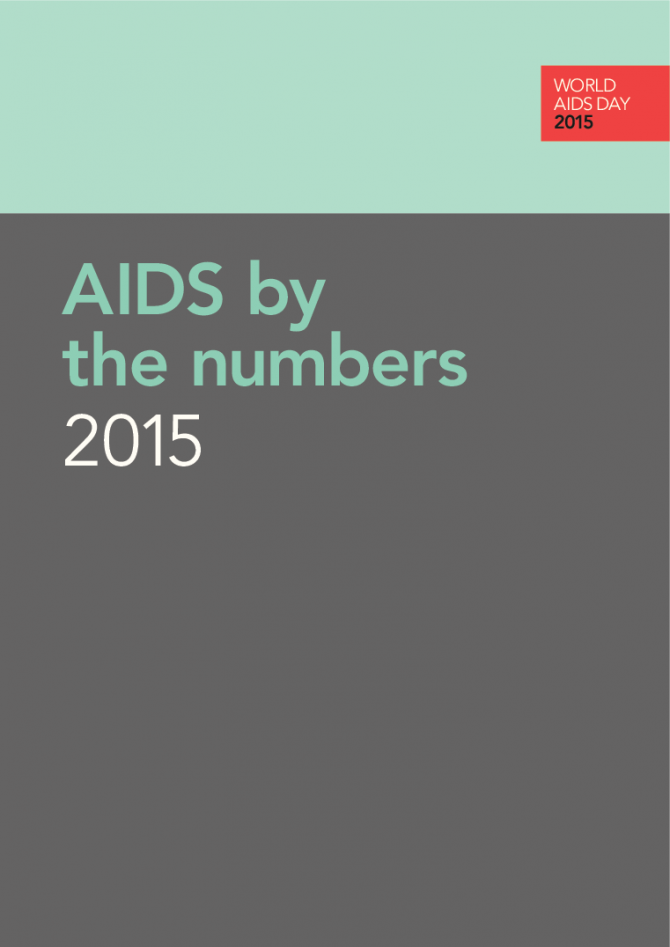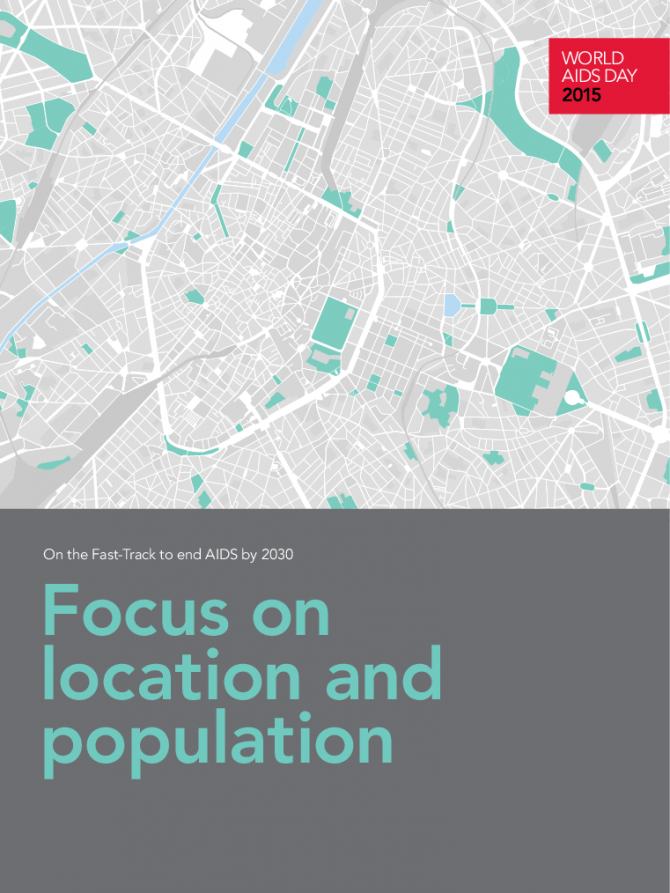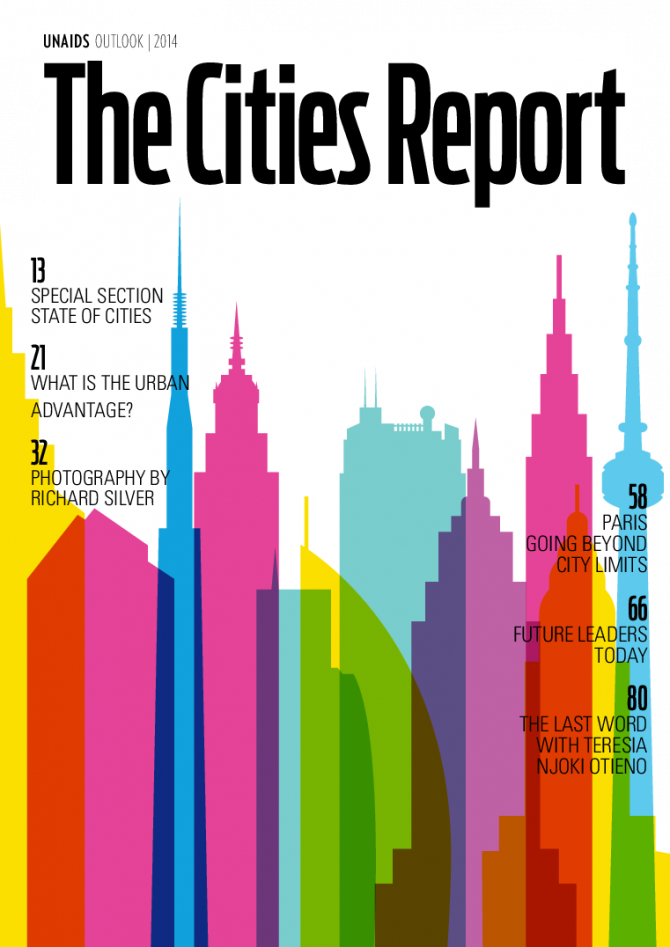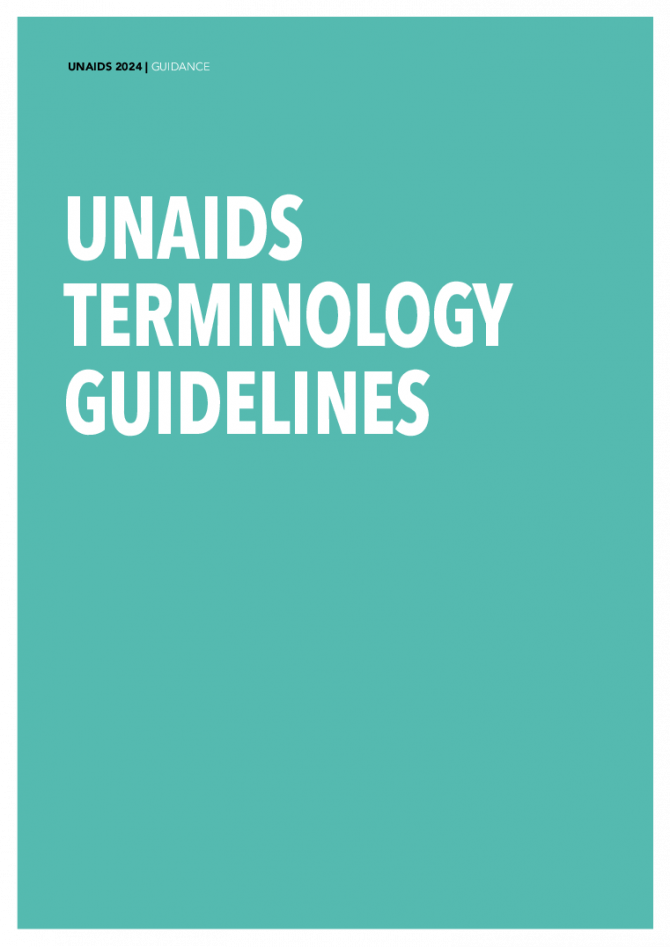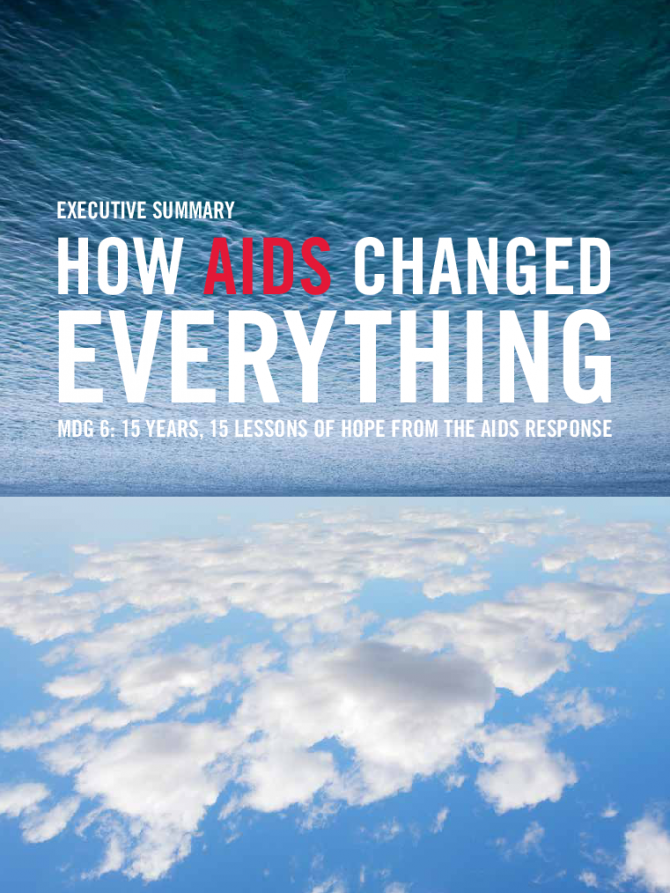Documents
All In to #EndAdolescentAIDS
17 February 2015
To end the AIDS epidemic by 2030, specific—yet flexible—strategies are needed for different age groups, populations and geographical locations. Ending the epidemic among adolescents requires amplifying investments where they can make the most difference and fostering innovation by adolescents and youth themselves, as well as governments, international organizations, civil society and the private sector.
Documents
The critical role of communities in reaching global targets to end the AIDS epidemic
13 August 2015
This report draws on multiple sources to document the many ways in which communities are advancing the response to AIDS, and the evidence for the effectiveness of these responses. Core areas of community-based activities include advocacy, service provision, community-based research and financing; each of these areas is illustrated by examples of community-based actions.
Documents
Understanding Fast-Track
07 July 2015
Documents
AIDS by the numbers 2015
24 November 2015
Documents
On the Fast-Track to end AIDS by 2030: Focus on location and population
24 November 2015
Within the pages of this World AIDS Day report, Focus on location and population, are more than 50 examples of how countries are getting on the Fast-Track. It shows how governments are working with community groups and international partners to scale up health and social services that put people at the centre and located where they can do more people more good.
Read the publication on ISSUU
- Part 1 (Foreword - Conclusions)
- Part 2a (Where services are needed - Lesotho)
- Part 2b (Malawi - References)
Download
Documents
The Cities Report
28 November 2014
Urban areas are also home to millions of people who have fallen through the cracks of social, political and economic life. People who lack access to education, health services and prevention measures face significantly higher health risks. Under these social conditions, many diseases including HIV spread more quickly. Additionally, poor sanitation and crowding foster the spread of tuberculosis, which is the leading cause of death among people living with HIV. Cities need to address their significant disparities in access to basic services, social justice and economic opportunities. Using a Fast-Track AIDS response, cities can improve social equality for people affected by HIV and those living with the disease, while also addressing related public health challenges in new and innovative ways to prevent disease. Methodology Additional resources
Documents
UNAIDS Terminology Guidelines
01 July 2024
Language influences the way we think, how we perceive reality, and how we behave. With respect to HIV, language can embody stigma and discrimination, which impacts access to testing, acquisition of HIV, and engagement with treatment. Language plays a role in supporting respect and empowerment of individuals, as communities shape how they are referred to and the labels they wish to use. Consideration and use of appropriate language can strengthen the global response to the HIV pandemic by diminishing stigma and discrimination and increasing support and understanding for individuals and communities living with HIV. Comments and suggestions for modifications should be sent to editorialboard@unaids.org
Documents
Implications of the START study data — questions and answers
11 June 2015
UNAIDS welcomes additional evidence released in May 2015 that early initiation of antiretroviral therapy has a positive effect on the health and well-being of people living with HIV. The United States National Institutes of Health-funded international randomized clinical trial START (Strategic Timing of Antiretroviral Treatment) has found compelling evidence that the benefits of starting antiretroviral therapy as soon as someone is diagnosed outweigh the risks of delaying until their CD4 count has fallen to 350 cells/mm3.
Documents
“15 by 15” - a global target achieved
19 July 2015
Just as we have new opportunities that only a few years ago would have been inconceivable, we also now face new challenges. If the “15 by 15” success story has taught us anything, it is that we have in our hands the power to make the world healthier, more just and more equitable. We hope that this report not only reminds us of our power to change the world when we remain united, but also inspires us to take the actions needed to end the AIDS epidemic as a public health threat.
Documents
Executive summary: How AIDS changed everything — MDG6: 15 years, 15 lessons of hope from the AIDS response
14 July 2015
We have reached a defining moment in the AIDS response. Against all odds, we have achieved the AIDS targets of Millennium Development Goal 6. AIDS changed everything. In these pages are valuable insights and ground-breaking and heart-warming experiences from the innovative and exciting work that partners, communities and countries have done and are doing in the AIDS response. There are also heart-breaking stories about the challenges that still remain. More on How AIDS changed everything

